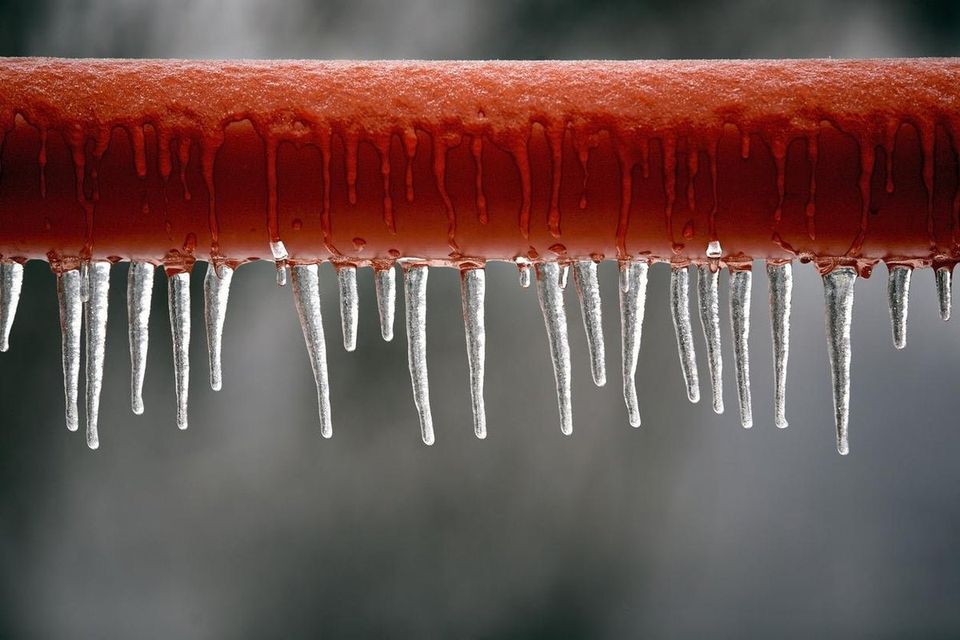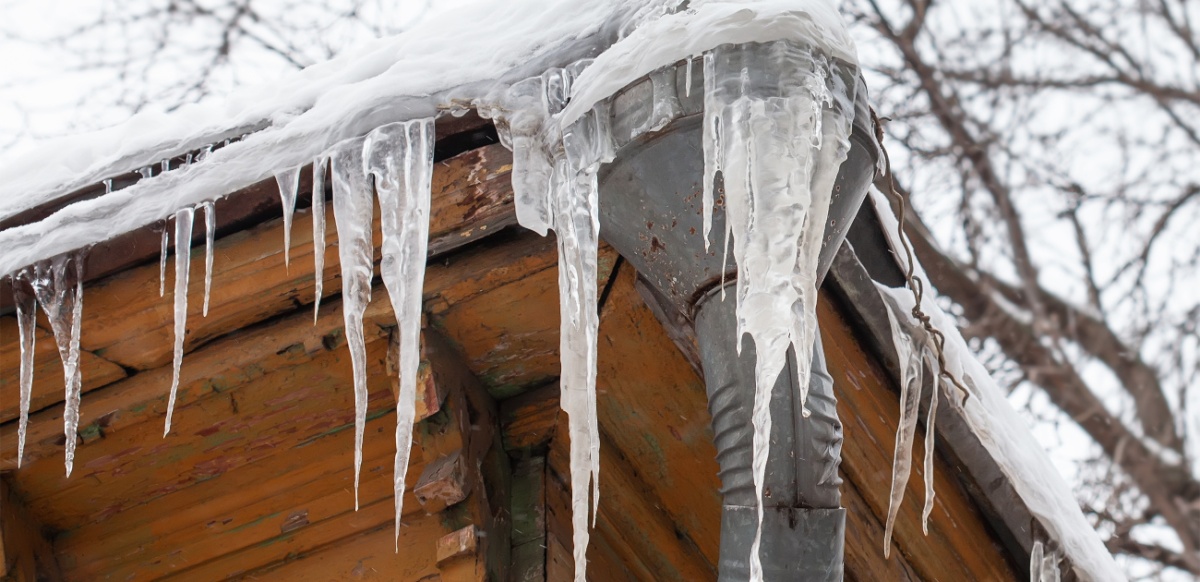Essential Tips to Prevent Frozen Pipes in Cold Weather
Essential Tips to Prevent Frozen Pipes in Cold Weather
Blog Article
Do you find yourself interested in related information around How to prepare your home plumbing for winter weather?

Winter can ruin your plumbing, especially by freezing pipes. Here's just how to stop it from occurring and what to do if it does.
Introduction
As temperatures decline, the risk of frozen pipelines boosts, potentially causing pricey repair work and water damage. Understanding just how to prevent icy pipes is important for property owners in chilly environments.
Prevention Tips
Shielding prone pipelines
Wrap pipes in insulation sleeves or make use of warmth tape to protect them from freezing temperatures. Focus on pipes in unheated or exterior locations of the home.
Home heating strategies
Maintain interior rooms properly heated up, particularly areas with plumbing. Open cupboard doors to enable warm air to flow around pipelines under sinks.
How to recognize icy pipes
Try to find reduced water flow from faucets, unusual smells or noises from pipes, and noticeable frost on exposed pipes.
Long-Term Solutions
Architectural modifications
Think about rerouting pipes away from outside walls or unheated areas. Include extra insulation to attics, cellars, and crawl spaces.
Updating insulation
Invest in high-quality insulation for pipes, attic rooms, and wall surfaces. Appropriate insulation assists maintain constant temperatures and minimizes the danger of icy pipes.
Securing Exterior Plumbing
Garden tubes and exterior faucets
Detach and drain pipes yard pipes prior to winter season. Set up frost-proof spigots or cover exterior taps with shielded caps.
Understanding Icy Pipelines
What creates pipelines to ice up?
Pipes freeze when exposed to temperature levels below 32 ° F (0 ° C) for extended durations. As water inside the pipes freezes, it broadens, putting pressure on the pipe walls and possibly triggering them to break.
Dangers and problems
Icy pipelines can result in supply of water disruptions, residential or commercial property damages, and pricey fixings. Burst pipelines can flood homes and trigger extensive architectural damage.
Indications of Frozen Pipes
Determining frozen pipelines early can avoid them from bursting.
What to Do If Your Pipelines Freeze
Immediate activities to take
If you presume icy pipes, keep taps open up to eliminate pressure as the ice melts. Make use of a hairdryer or towels taken in hot water to thaw pipes gradually.
Verdict
Protecting against icy pipes requires aggressive measures and fast responses. By understanding the reasons, indicators, and safety nets, house owners can shield their pipes during winter.
Helpful Tips to Prevent Frozen Pipes this Winter
UNDERSTANDING THE BASICS: WHY PIPES FREEZE AND WHY IT’S A PROBLEM
Water freezing inside pipes is common during the winter months, but understanding why pipes freeze, and the potential problems it can cause is crucial in preventing such incidents. This section will delve into the basics of why pipes freeze and the associated problems that may arise.
THE SCIENCE BEHIND FROZEN PIPES
When water reaches freezing temperatures, it undergoes a physical transformation and solidifies into ice. This expansion of water as it freezes is the primary reason pipes can burst. As the water inside the pipe freezes, it expands, creating immense pressure on the walls. If the pressure becomes too great, the pipe can crack or rupture, leading to leaks and water damage.
FACTORS THAT CONTRIBUTE TO PIPE FREEZING
Low Temperatures: Extremely cold weather, especially below freezing, increases the risk of pipes freezing. Uninsulated or Poorly Insulated Pipes: Pipes located in unheated areas, such as basements, crawl spaces, or attics, are more prone to freezing. Insufficient insulation or lack of insulation altogether exacerbates the problem. Exterior Wall Exposure: Pipes running along exterior walls are susceptible to freezing as they encounter colder temperatures outside. Lack of Heating or Temperature Regulation: Inadequate heating or inconsistent temperature control in your home can contribute to frozen pipes. PROBLEMS CAUSED BY FROZEN PIPES
- Pipe Bursting: As mentioned earlier, the expansion of water as it freezes can cause pipes to burst, resulting in significant water damage.
- Water Damage: When pipes burst, it can lead to flooding and water damage to your property, including walls, ceilings, flooring, and personal belongings.
- Structural Damage: Prolonged exposure to water from burst pipes can compromise the structural integrity of your home, leading to costly repairs.
- Mold and Mildew Growth: Excess moisture from water damage can create a favorable environment for mold and mildew growth, posing health risks to occupants.
- Disrupted Water Supply: Frozen pipes can also result in a complete or partial loss of water supply until the issue is resolved.
WHY CERTAIN PIPES ARE MORE PRONE TO FREEZING
- Location: Pipes located in unheated or poorly insulated areas, such as basements, crawl spaces, attics, or exterior walls, are at higher risk of freezing.
- Exterior Pipes: Outdoor pipes, such as those used for irrigation or exposed plumbing, are particularly vulnerable to freezing as they are directly exposed to the elements.
- Supply Lines: Pipes that carry water from the main water supply into your home, including the main water line, are critical to protect as freezing in these lines can affect your entire plumbing system.
- Underground Pipes: Pipes buried underground, such as those connected to sprinkler systems or outdoor faucets, can be susceptible to freezing if not properly insulated.
https://busybusy.com/blog/helpful-tips-to-prevent-frozen-pipes-this-winter/

Do you enjoy reading up on 6 Ways to Prevent Frozen Pipes? Create a short review directly below. We will be glad to see your ideas about this content. In hopes that you visit us again in the near future. Be sure to take a moment to promote this article if you enjoyed it. Many thanks for your time spent reading it.
Call Today Report this page